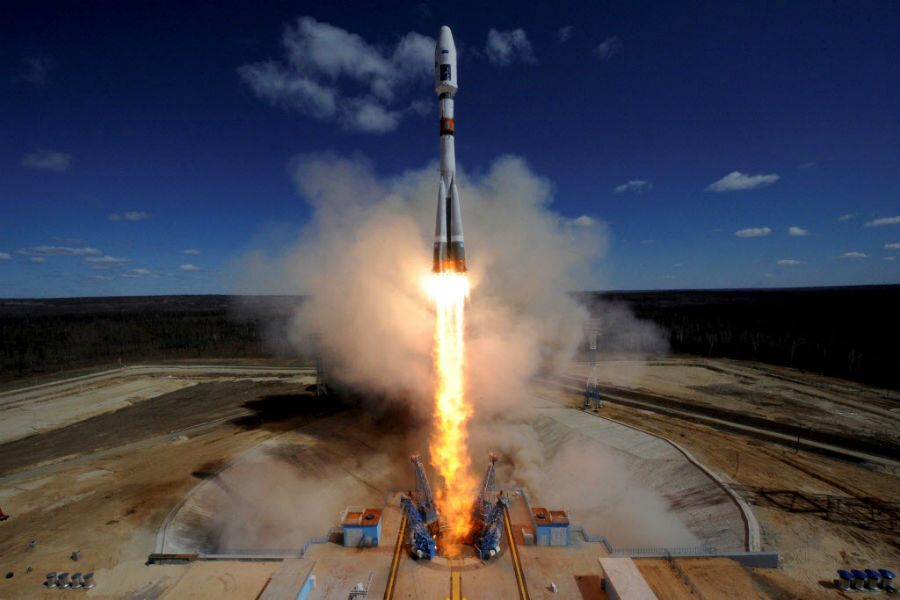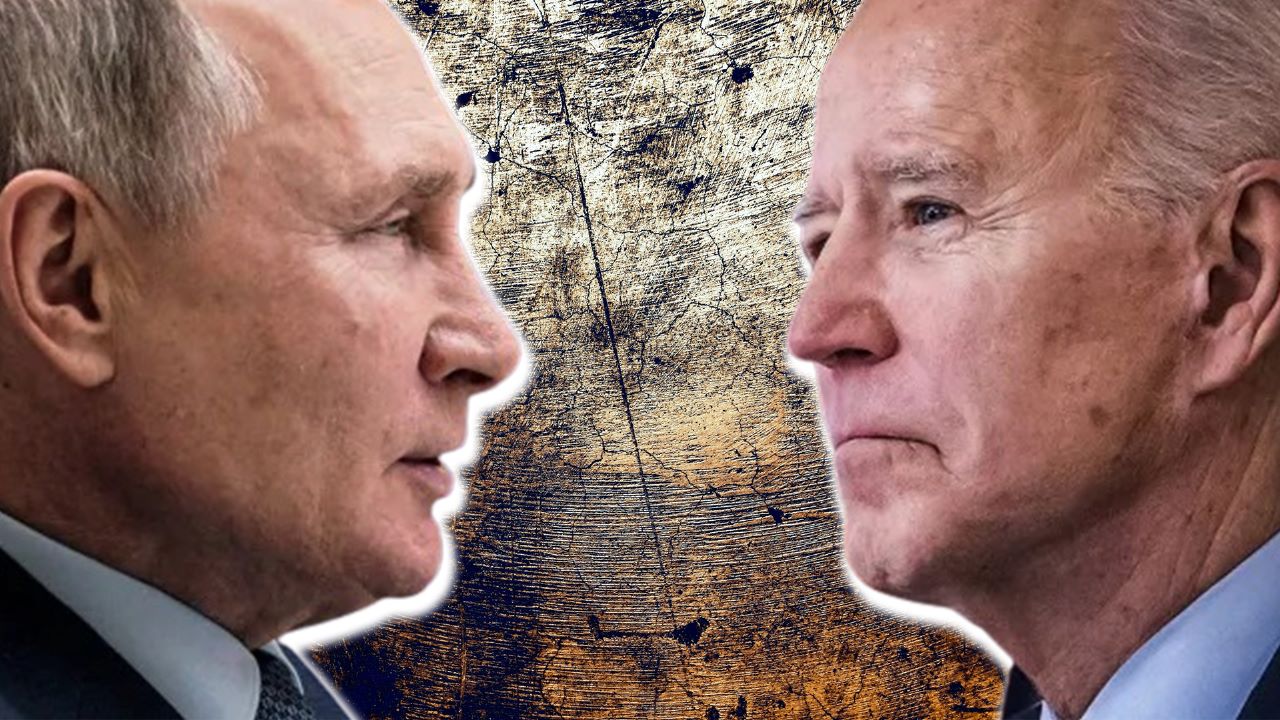US Military’s “Chicken Neck”! Why Russia’s New Space Weapon Poses Big Threat To American Might

On February 14, 2024, reports of an enigmatic Russian space weapon caused a stir in Washington. The House Intelligence Committee Chairman, Mike Turner, pushed the White House to provide intelligence regarding a “serious national-security threat.”
American media outlets and newspapers said that it had to do with an as-yet-undeployed nuclear system associated with spacecraft in Russia that would pose a threat to American and ally satellites.
A lot of the early information is conflicting; some sources refer to a spaceship that is nuclear-armed, while others describe it as nuclear-powered.
Basically, there are three options: a nuclear weapon that would be stationed in orbit, a nuclear weapon that would be designed to destroy satellites and would be launched only when necessary, or a nuclear-powered satellite that would use nuclear energy to power some other kind of device rather than being a bomb itself.
There is a common belief that the opening salvos of the next major global conflict will occur in space. While nations compete to create new space capabilities, some are also assembling armaments to combat outside Earth’s atmosphere. In plain terms, space has emerged as the most essential warfighting domain in a global context.
Russia might “blind” the U.S., according to former CIA Director Leon Panetta, by deploying a nuclear weapon to take out U.S. satellites in orbit. He added that If Russia could blind the USA’s ability to be able to gather critical information, that would be an act of war because it would threaten our national security.
Still, experts and former officials have cautioned that any danger to U.S. satellites might have far-reaching consequences. The U.S. military relies significantly on satellite communications, more so than any of its possible enemies worldwide, for everything from GPS-guided bombs to military and maritime navigation, Battlefield communication, Battlefield surveillance, and missile launch detection.
Rules About Space Weapons
The U.S., China, and Russia are already able to launch global satellite attacks. In principle, though, they are unable to employ nuclear bombs there.
The 1967 Outer Space Treaty, which prohibits nations from launching “any objects carrying nuclear weapons or any other kinds of weapons of mass destruction” into orbit, was signed by all three of them.
Former U.S. Deputy Assistant Secretary of Defense Mick Mulroy stated that in the present geopolitical environment, there is no assurance of protection provided by the treaty. He also added that Russia has shown a complete disregard for the treaties it has signed and has shown a willingness to use military force in Ukraine, counter to all international laws and norms.
According to nuclear expert James Acton of the Carnegie Endowment for International Peace think tank, it would be a flagrant breach of the Outer Space Treaty for Russia to launch a nuclear weapon into orbit.
The United States and Russia are participants to the 1967 pact, which prohibits the putting of any device containing nuclear weapons or any other type of weapons of mass devastation in orbit around the planet.
Acton stated that breaking the deal would make efforts to resurrect U.S.-Russian arms control much more difficult, given Russia’s decision in 2023 to stop taking part in the New START treaty, which restricts the amount of strategic nuclear weapons each country may deploy.

The Nuclear Threat In Existence
Russian space program analysts believe that the threat in space is more likely to be a powerful weapon that needs nuclear energy to launch a variety of strikes on satellites than it is a nuclear bomb.
A few examples of these may include electromagnetic pulses (EMPs), which have the potential to destroy all satellite electronics inside a certain orbital zone, signal jammers, or weapons that can blind imaging sensors.
Russia is more likely to be developing a nuclear-powered system with electronic warfare capabilities, according to Daryl Kimball, executive director of the advocacy group Arms Control Association.
According to a 2023 assessment from the U.S. Defense Intelligence Agency, Russia is working on a variety of weaponry intended to target specific satellites and could be working on higher-power systems that extend the threat to the structures of all satellites.

Anti-satellite non-nuclear weapons have been around for a while. Following the U.S., China, and India, Russia tested a devastating anti-satellite missile on one of their older satellites in 2021, shattering it into thousands of fragments that are still in Earth’s orbit.
A nuclear bomb going off in orbit would be a very different story. If Russia were to explode a nuclear weapon in orbit, according to expert Brian Weeden of the Secure World Foundation, it would damage its reputation.
This may have serious ramifications for both military and commercial satellites. He said that the Russians had been criticizing the United States for forty years at the U.N. for their desire to weaponize space, despite their assurances that they would never do so.
There’s also the belief that should the Russians manage to blow up a nuclear weapon in space, they would lose everything, and all the nations backing them in Ukraine would face penalties.
In this context, it is true that the USA’s ability to rely on satellites is a major advantage in a potential confrontation but also a major vulnerability. Analysts say that new intelligence may point towards this aspect and may also indicate a ploy towards the grant of more aid by the U.S. to Ukraine in its war with Russia.
- Questions and Answers
- Opinion
- Motivational and Inspiring Story
- Technology
- Live and Let live
- Focus
- Geopolitics
- Military-Arms/Equipment
- Segurança
- Economy
- Beasts of Nations
- Machine Tools-The “Mother Industry”
- Art
- Causes
- Crafts
- Dance
- Drinks
- Film/Movie
- Fitness
- Food
- Jogos
- Gardening
- Health
- Início
- Literature
- Music
- Networking
- Outro
- Party
- Religion
- Shopping
- Sports
- Theater
- Health and Wellness
- News
- Culture

